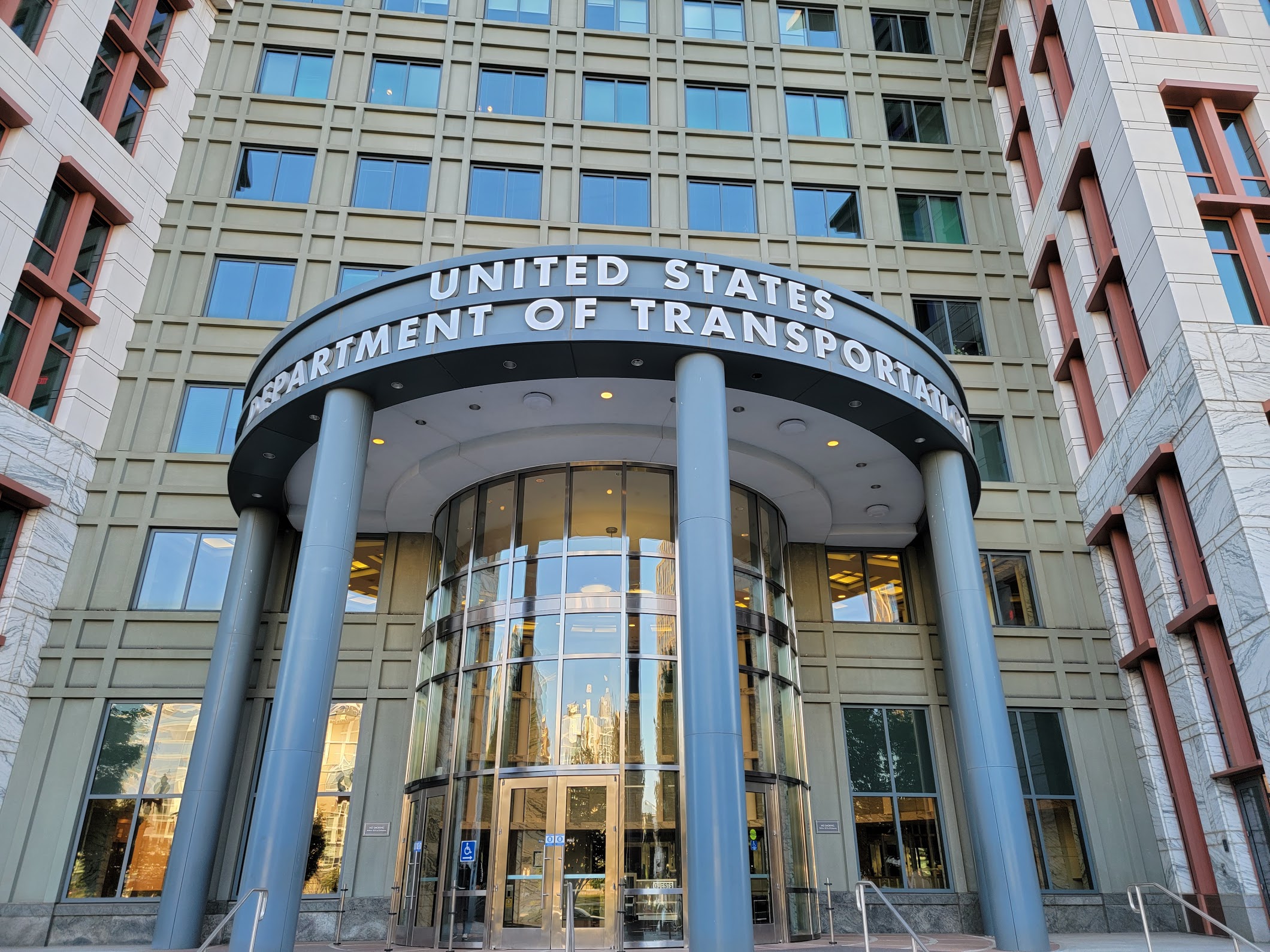Klobuchar says Trump tariffs are 'not what American economy needs right now'
Sen. Amy Klobuchar (D-Minn.) criticized President Trump’s decision to impose 25 percent tariffs on Mexican and Canadian goods and a 10 percent tariff on Chinese exports. In an interview on MSNBC’s “Inside with Jen Psaki,” Klobuchar said Americans are likely to see prices continue to rise with Trump’s tariffs imposed on goods. “This is just...

Sen. Amy Klobuchar (D-Minn.) criticized President Trump’s decision to impose 25 percent tariffs on Mexican and Canadian goods and a 10 percent tariff on Chinese exports.
In an interview on MSNBC’s “Inside with Jen Psaki,” Klobuchar said Americans are likely to see prices continue to rise with Trump’s tariffs imposed on goods.
“This is just the latest example, as you've detailed every day, chaos up, corruption up, and, sadly, prices of eggs up. And we're going to see more of this if he follows through on this 25 percent tariff on Canada, Mexico, 10 percent on China,” Klobuchar told Psaki.
“What does that mean? It means that the average American family is going to have their costs increase by $1,200 for one year,” she continued. “He has even acknowledged that this is going to happen, that we're going to see these prices go up for so many things because Canada, of course, is hitting back with the 25 percent retaliation.”
Klobuchar noted that many organizations have publicly criticized Trump’s decision, including the Chamber of Commerce, the International Association of Machinists and Aerospace Workers and the National Association of Home Builders, which requested exemptions citing concerns over costs of timber and other materials.
“This is not what American economy needs right now,” Klobuchar said. “I favor targeted tariffs for things like China's steel dumping and the effect that had on the iron ore mines in Minnesota and throughout the country.”
“I’ve favored these targeted tariffs, but he is not using a chisel,” Klobuchar added. “He is using a sledgehammer.”
Trump on Sunday defended his decision to impose sweeping tariffs on the United States’s top three trading partners, even as he acknowledged there may be “some pain” caused by the economic fallout.
He hit back at critics and argued the decision was necessary because of “major” trade deficits with those countries.
“The ‘Tariff Lobby,’ headed by the Globalist, and always wrong, Wall Street Journal, is working hard to justify Countries like Canada, Mexico, China, and too many others to name, continue the decades long RIPOFF OF AMERICA, both with regard to TRADE, CRIME, AND POISONOUS DRUGS that are allowed to so freely flow into AMERICA,” Trump posted on social media from his Mar-a-Lago estate. “THOSE DAYS ARE OVER!”
Trump argued if companies made their products in the United States, there would be no tariffs.
“This will be the Golden Age of America!” Trump continued. “Will there be some pain? Yes, maybe (and maybe not!). But we will make America great again, and it will all be worth the price that must be paid. We are a country that is now being run with common sense — and the results will be spectacular!!!”
Trump in a subsequent post claimed the U.S. does not need any Canadian products and suggested Canada “should become our Cherished 51st State.” Canadian officials have repeatedly rebuffed Trump’s suggestion that the U.S. could annex Canada.
Trump signed tariffs on Mexico, Canada and China that are set to go into effect on Tuesday. The move led to swift responses from all three nations.
Canadian Prime Minister Justin Trudeau said Saturday night that Canada would impose 25 percent tariffs on more than $100 billion in U.S. goods. Trudeau’s likely successor, Pierre Poilievre, called Trump’s tariffs “unjust and unjustified” and called for a “dollar-for-dollar” response.
Mexican President Claudia Sheinbaum said in a post on the social platform X in Spanish that her team was working on a response that included measures to defend her country’s interests, though specific steps were not immediately clear.
China’s Ministry of Commerce said it would file a legal case against the United States at the World Trade Organization.









![[DEALS] iScanner App: Lifetime Subscription (79% off) & Other Deals Up To 98% Off – Offers End Soon!](https://www.javacodegeeks.com/wp-content/uploads/2012/12/jcg-logo.jpg)

































































